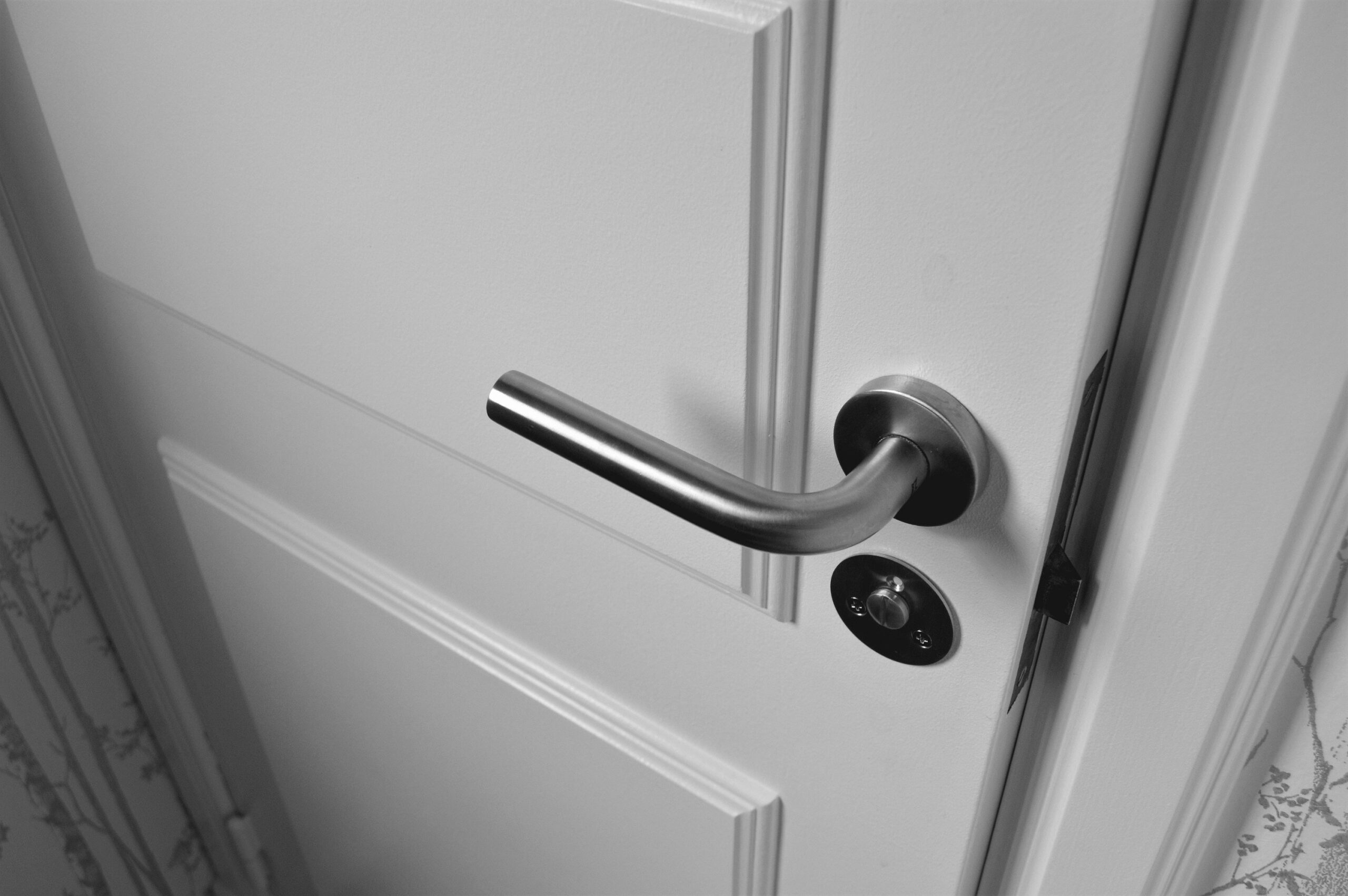FAQs
What you should know if the police come to your door
The Charter of Rights and Freedoms protects your rights against unreasonable police searches. According to the three-part test, the police can search you and the surrounding area if:
- the arrest is legal;
- the search is incidental to the arrest and for a valid law enforcement purpose such as safety, evidence preservation, or evidence discovery; and
- the search is reasonable in nature and scope.
However, when a search is conducted during an arrest in a home and the area searched is outside the arrested person’s physical control at the time of the arrest, the common law standard for a search incident to arrest must be stricter. The police must have a reason to suspect a safety risk to themselves, the arrested person, or the public that would be addressed by the search.
It’s crucial to know when a search violates your rights and when it’s justified. Determining this can be challenging, and seeking legal advice is highly recommended. Although a lawyer may not always be immediately available, consulting one as soon as possible after the incident is crucial.

The Feeney Warrant – Can police enter your home?
It has been established for almost 20 years now that a specialized warrant known as a “Feeney” warrant must be obtained before officers can enter an individual’s home to make an arrest. This is because of the increased privacy interests associated with one’s home.
After obtaining a Feeney warrant, police officers are required to announce their presence, identify themselves as officers, and explain their purpose for attending the residence before entering the home. Before forcing entry, officers should request admission and only enter if denied admission.
If the police arrive at your door with a Feeney warrant, you must allow them into your home, but you are not obligated to assist them with their search. If you suspect the warrant was improperly obtained, do not argue with the police or try to stop them, but contact a lawyer immediately.
Exceptions to the requirement for a Feeney warrant exist under statutory authority, common law, and when an individual with the authority to permit entry provides full and informed consent.
It is not mandatory for you to answer the door or allow police entry into your home when they arrive. You are only obligated to let them in under specific circumstances, such as when:
- They possess a warrant to enter and execute an arrest.
- They possess a warrant to enter and conduct a search.
- There is a pressing reason to enter your home immediately to prevent death or serious harm.
Is it legal to lie to law enforcement officers?
No, you do not have the right to provide false information to the police, even though you have the right to remain silent.
Providing false information to a police officer who is investigating a crime can be considered as “obstruction of justice” or “obstructing a peace officer,” which are serious criminal offenses. Additionally, if you are accused of an offense, providing false information to the police can harm your ability to defend yourself in court.
Do I have a legal obligation to respond to questions from the police?
Your right to remain silent means that, in most cases, you do not have to answer any questions asked by the police. It is important to be polite and friendly while dealing with an officer, but you should not feel pressured to provide information that may incriminate you.
If you are pulled over by the police while driving, they may ask for your driver’s licence, car registration, and insurance. It is your legal obligation to provide this information, and failure to comply may result in charges being laid against you. If the police suspect that you are impaired by drugs or alcohol, they may ask you to perform a field sobriety test or provide a breath or saliva sample. Refusing to comply with this request may also result in criminal charges.
If you are arrested or detained by a police officer, they must inform you of the reason for the arrest or detention and your right to speak with a lawyer. It is important to consult with a lawyer before answering any questions from the police, regardless of the circumstances. Remember that the prosecutor cannot argue that it is more likely you are guilty because you spoke with a lawyer.
Speaking to a lawyer before speaking with the police
Numerous individuals are concerned that consulting with a lawyer may imply to the police that they are culpable or have something to conceal. Nonetheless, it is crucial to bear in mind that if you are accused of an offense, the prosecutor cannot assert that you are more likely to be guilty because you sought legal counsel. The truth is, innocent individuals, as well as guilty ones, require legal advice.
In the end, whether you seem guilty is less significant than whether it can be demonstrated that you are guilty. Seeking legal counsel can provide you with the essential guidance to avoid making an irreversible mistake.
Call Us To Arrange A Confidential Consultation
To speak with Cory Wilson or arrange a free, no-obligation consultation with Wilson Criminal Defence, call 403-978-6052 or email us here.